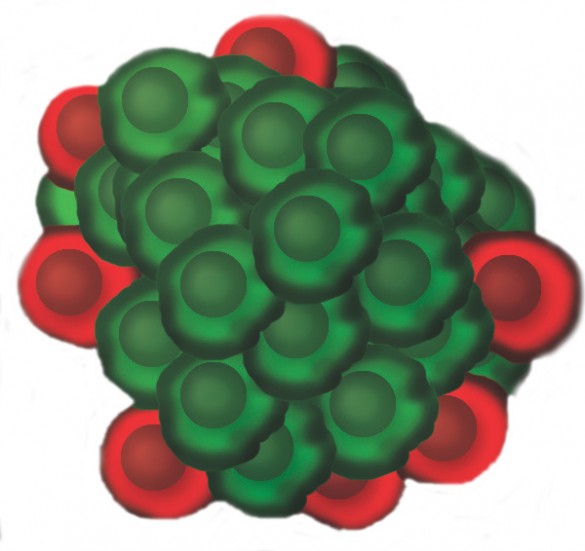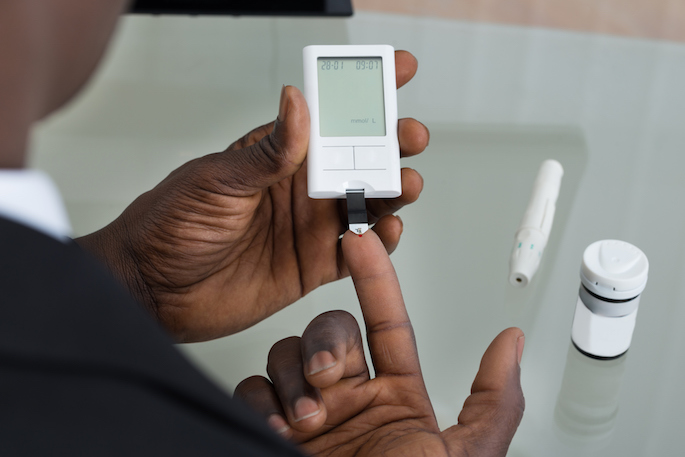
During pregnancy, insulin-producing beta cells proliferate, or self-renew, to meet new metabolic demands. Pregnancy therefore represents a unique window for studying molecules involved in expanding beta cell mass, which could lead to novel therapies for patients with diabetes.
Patricia Labosky, Ph.D., and colleagues probed the role of the transcription factor Foxd3 – required for the maintenance and self-renewal of diverse progenitor cell types – in beta cell mass expansion during pregnancy. They report in the December issue of Endocrinology that mice carrying a pancreas-specific deletion of Foxd3 have impaired glucose tolerance and decreased beta cell mass, beta cell proliferation and beta cell size during pregnancy. They also show that several genes known to control proliferation are misregulated in islets isolated from the Foxd3 mutant mice.
The Foxd3 mutant mice provide a novel model for studying glucose intolerance (and gestational diabetes) during pregnancy and suggest that molecules such as Foxd3 may be useful for therapeutic applications involving expansion of existing beta cells.
This research was supported by grants from the Juvenile Diabetes Research Foundation, the National Institute of Child Health and Human Development and the National Institute of Diabetes and Digestive and Kidney Diseases.















